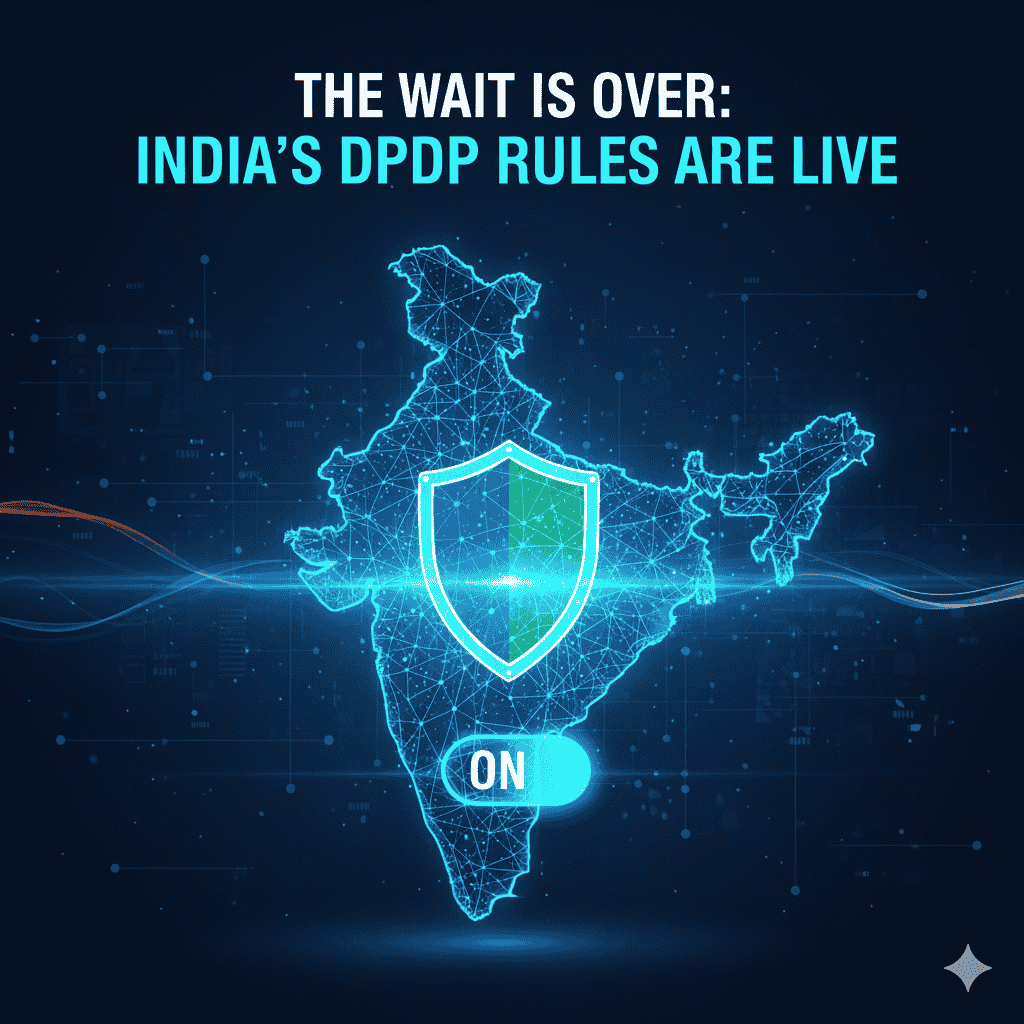In recent years, the digital landscape has undergone a significant transformation, particularly in how brands connect with consumers. One of the most noteworthy shifts has been the rise of influencer marketing platforms, which are revolutionizing the way brands collaborate with social media influencers. As traditional advertising methods continue to evolve, these platforms are becoming essential tools for brands seeking genuine engagement and effective outreach.
Understanding Influencer Marketing
Influencer marketing is a form of social media marketing that leverages endorsements and product mentions from influencers— individuals who have built a following and possess the power to affect the purchasing decisions of their audience. According to a report by Influencer Marketing Hub, the influencer marketing industry is expected to grow to approximately $13.8 billion by 2021, highlighting its growing relevance in the marketing mix.
The Emergence of Influencer Marketing Platforms
As the demand for influencer marketing has surged, so too has the need for streamlined processes that facilitate effective collaborations between brands and influencers. This has led to the emergence of a variety of influencer marketing platforms that serve as intermediaries, connecting brands with suitable influencers based on specific criteria such as audience demographics, engagement rates, and niche expertise.
Key Features of Influencer Marketing Platforms
Comprehensive Databases: These platforms typically offer extensive databases that allow brands to search and filter influencers based on various metrics. Brands can easily identify influencers whose values align with their own and who resonate with their target audience.
Campaign Management Tools: Influencer marketing platforms often provide tools for managing campaigns from start to finish. This includes features for tracking deliverables, managing contracts, and monitoring performance metrics to assess the success of collaborations.
Analytics and Reporting: The ability to measure return on investment (ROI) is crucial for brands investing in influencer marketing. Most platforms provide in-depth analytics, offering insights into engagement rates, reach, and conversion metrics that help brands evaluate the effectiveness of their campaigns.
- Support for Micro-Influencers: As brands recognize the authenticity and engagement levels of micro-influencers (those with smaller but highly engaged followings), many platforms have expanded their offerings to include this demographic. This allows brands to tap into niche markets with more personalized messaging.
Benefits of Using Influencer Marketing Platforms
Increased Efficiency
Influencer marketing platforms streamline the search and collaboration process, saving brands time and effort. By offering a centralized system for influencer discovery and campaign management, brands can quickly find the right influencers and initiate partnerships.
Enhanced Targeting
With advanced filtering options, brands can target specific demographics and psychographics, ensuring that their campaigns resonate with the intended audience. This targeted approach maximizes the effectiveness of marketing efforts.
Better ROI Tracking
The built-in analytics available on these platforms allow brands to track the performance of their influencer partnerships in real time. By measuring key performance indicators (KPIs) such as engagement rates, website traffic, and conversion rates, brands can make data-driven decisions for future campaigns.
Challenges and Considerations
Despite their many advantages, influencer marketing platforms are not without challenges. The effectiveness of such collaborations relies heavily on the authenticity of the influencer-brand relationship. If influencers promote products solely for monetary gain, their followers may become skeptical, diminishing the trust that drives successful influencer marketing.
Furthermore, brands must ensure that they comply with legal regulations surrounding disclosures and endorsements, which can vary by region. Transparency is paramount for maintaining credibility in influencer partnerships.
The Future of Influencer Marketing Platforms
Looking ahead, the future of influencer marketing platforms appears promising. As the digital landscape continues to evolve, these platforms are likely to become even more sophisticated, incorporating technologies like artificial intelligence and machine learning to enhance influencer selection and campaign optimization.
Additionally, as consumer preferences shift and evolve, brands will need to stay agile, adapting their strategies to align with emerging trends. Influencer marketing platforms will play a crucial role in helping brands navigate this ever-changing landscape.
Conclusion
The rise of influencer marketing platforms has undoubtedly transformed the brand collaboration landscape, offering innovative solutions for connecting brands with influencers. By streamlining processes, enhancing targeting capabilities, and improving ROI tracking, these platforms are reshaping the way brands execute their marketing strategies. As the industry continues to grow, brands that leverage these tools will be well-positioned to thrive in an increasingly digital and interconnected marketplace.









